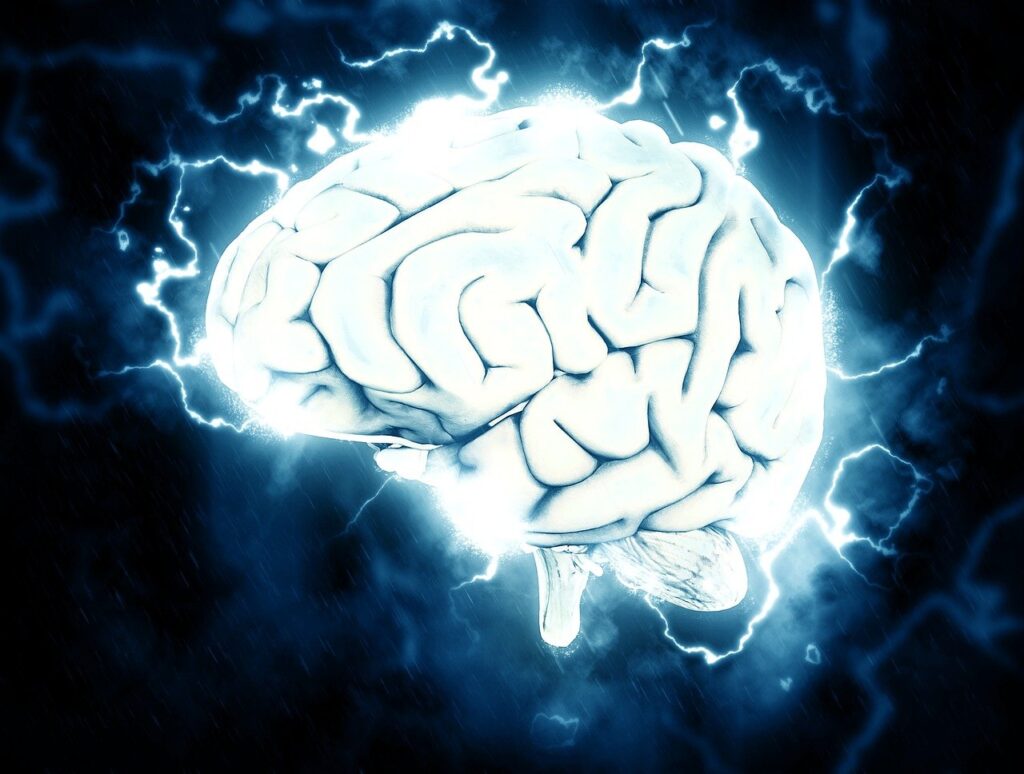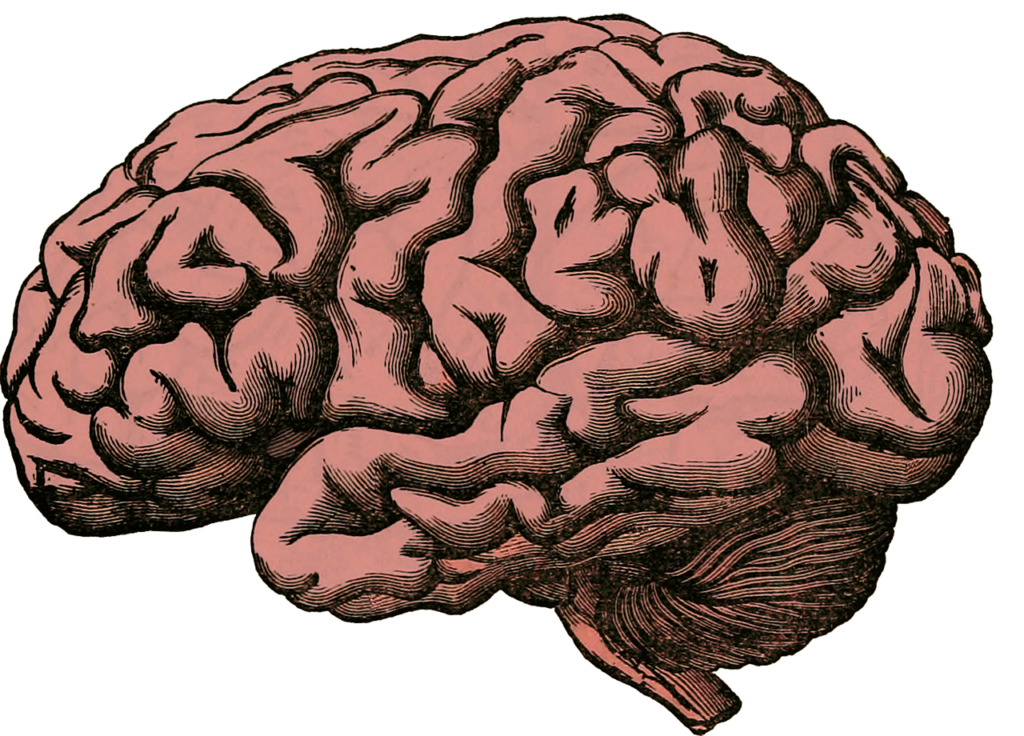Are your headaches just migraines or could they be a sign of something more sinister? In this blog post, we’re going to delve into the hidden characters that can help you differentiate between migraines and brain tumors. Whether you’re a social media user wanting to share valuable information or someone who suspects something more serious, this article will provide you with the knowledge you need to understand the signs and seek appropriate medical attention. Get ready to uncover the truth behind those mysterious headaches.
what is a headache?
Headaches are a prevalent ailment that most individuals will experience multiple times throughout their lives. The primary indication of a headache is discomfort in the head or face. There exist various types of headaches, with tension headaches being the most widespread. Although the majority of headaches are not hazardous, certain varieties may be indicative of an underlying serious condition.
what is a migraine?

Migraines, which are a form of headache, are not the typical headaches that cause minor inconvenience or mild discomfort. Instead, migraines are excruciating and can even prevent individuals from carrying out basic tasks or following their daily routines. Due to the intense pain associated with migraines, some individuals may mistakenly believe they are suffering from a serious medical condition.
Symptoms of migraines include either intense throbbing or dull aching pain on one side of the head or both sides, with pain that worsens with physical activity. Other symptoms may include nausea or vomiting, changes in vision such as blurred vision or blind spots, sensitivity to light, noise, or odors, feeling tired or confused, having a stuffy nose, and feeling cold or sweaty.
what is a brain tumor?

A brain tumor refers to the abnormal growth of cells within or close to the brain. These tumors can develop in the brain tissue itself or in nearby locations such as nerves, the pituitary gland, the pineal gland, and the brain’s surface membranes.
The signs and symptoms of a brain tumor are dependent on the size and location of the tumor. The speed at which the tumor is growing, known as the tumor grade, can also affect the symptoms.
Common signs and symptoms associated with brain tumors include:
- Morning headaches or pressure in the head.
- More frequent and severe headaches.
- Headaches resembling tension headaches or migraines.
- Nausea or vomiting.
- Problems with vision, such as blurred vision, double vision, or loss of peripheral vision.
- Loss of sensation or movement in an arm or leg.
- Difficulty with balance.
- Speech difficulties.
- Persistent fatigue.
- Confusion in everyday tasks.
- Memory problems.
- Difficulty following simple instructions.
- Changes in personality or behavior.
- Seizures, particularly if there is no history of seizures.
- Hearing problems.
- Dizziness or vertigo.
- Increased appetite and weight gain.
Which symptoms of migraines may lead you to suspect the presence of a brain tumor?
The symptoms of migraines can vary from person to person. Prior to the onset of a migraine, a prodrome phase may occur, characterized by mood changes, food cravings, and fluid retention. Many individuals with migraines experience an aura approximately one hour before an attack. During this time, one may encounter visual disturbances, tingling sensations, or difficulty speaking. The migraine itself manifests with symptoms such as:
- A throbbing pain is typically localized to one side of the head.
- Nausea or feelings of dizziness.
- Heightened sensitivity to light and sound.
You should seek immediate medical attention if you encounter a sudden and severe headache, headaches accompanied by additional symptoms such as vision problems or weakness in the limbs, symptoms that worsen and negatively impact your daily life, headaches lasting longer than 72 hours with less than 4 hours of pain relief, or uncontrollable vomiting. This is especially important if you suspect a brain tumor.




